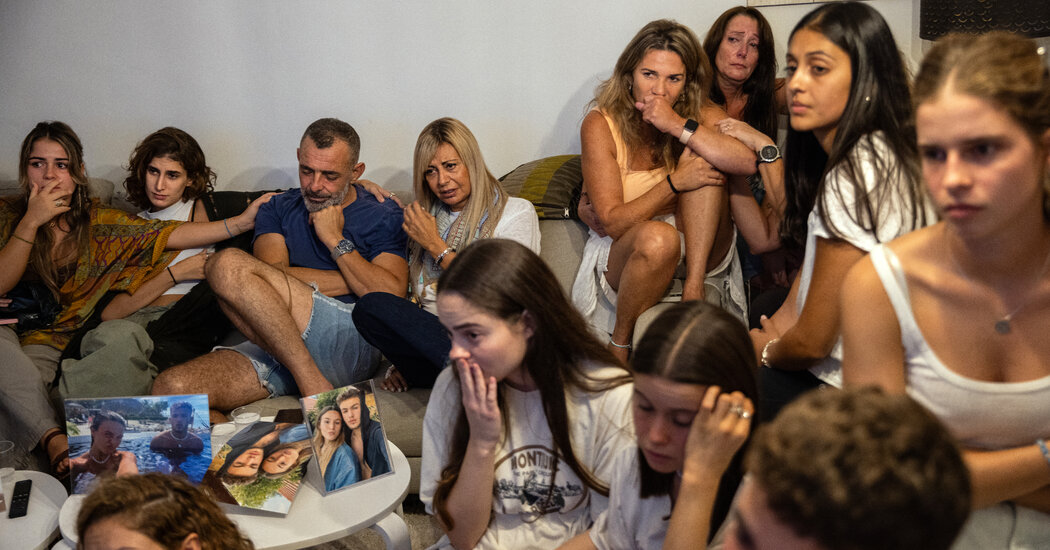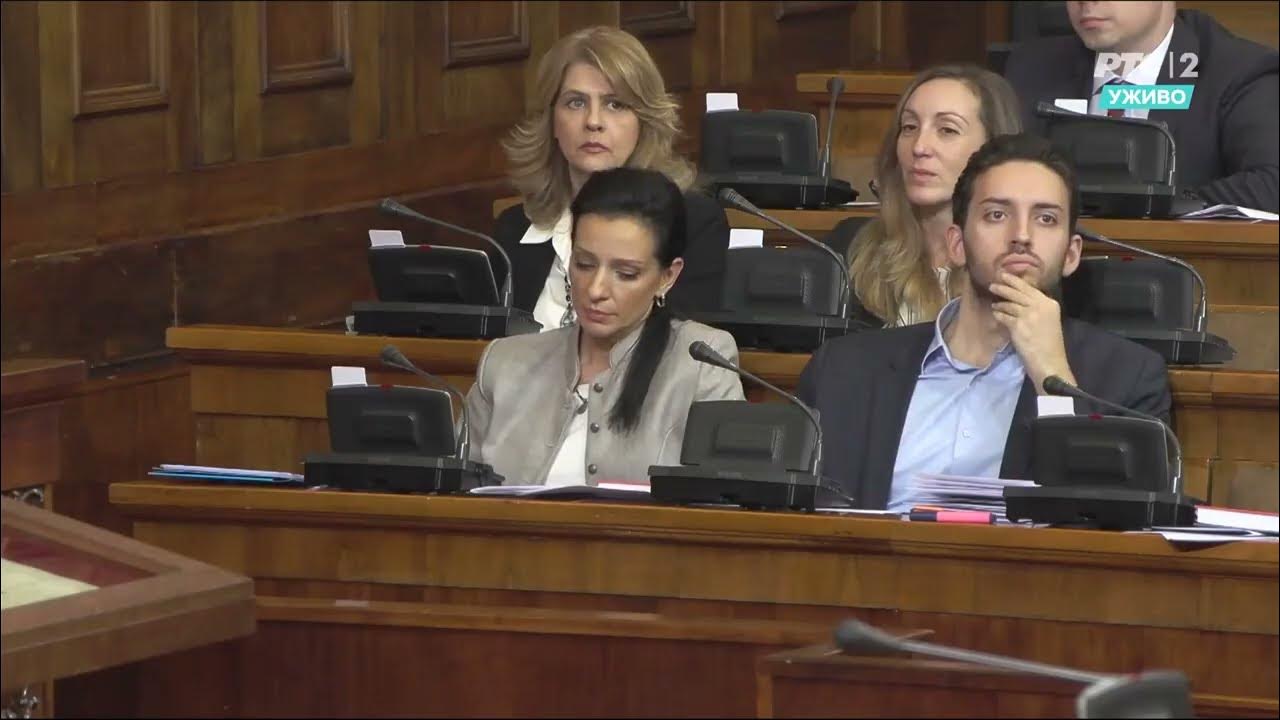The Gaza Hostage Crisis: A Lingering Nightmare For Families

Table of Contents
The Human Cost: Untold Stories of Suffering
The Gaza hostage crisis inflicts immeasurable suffering on families, extending far beyond the immediate physical impact. The emotional and psychological scars run deep, leaving lasting consequences.
Separated Families and the Trauma of Uncertainty
The agonizing wait for news is a constant source of stress for families separated by the crisis. The emotional toll of separation is immense, compounded by the challenges of maintaining contact and the pervasive fear of the unknown.
- The agonizing wait for news: Families endure agonizing uncertainty, clinging to any shred of information while grappling with fear and despair.
- The emotional toll of separation: The emotional impact on parents, children, and extended family members is profound, leading to anxiety, depression, and post-traumatic stress.
- Challenges of maintaining contact: Limited or nonexistent communication channels exacerbate the emotional distress and heighten feelings of isolation and helplessness.
- The fear of the unknown: The lack of information about the hostages' well-being fuels anxiety and fuels horrific imaginings.
The psychological trauma extends beyond the immediate family unit, impacting entire communities and creating ripple effects on social structures. For instance, the prolonged separation of parents from their children can lead to severe attachment issues and developmental problems in the children. Reliable sources report countless cases of families struggling with the daily burden of uncertainty. The need for psychological support and family reunification is paramount.
Financial Hardship and Loss of Livelihood
The economic consequences of the Gaza hostage crisis are devastating for many families. The absence of a breadwinner often means a complete loss of income, creating significant financial insecurity and economic hardship.
- Loss of income: Families rely on the income of their abducted members. Their absence creates immediate and ongoing financial hardship.
- Inability to access essential resources: The lack of income restricts access to basic necessities like food, water, shelter, and healthcare, pushing families further into poverty.
- Economic hardship: The economic consequences are long-lasting, hindering the ability of families to rebuild their lives, even after the crisis concludes.
- Dependence on humanitarian aid: Many families are wholly reliant on humanitarian aid, a temporary solution that cannot address the long-term economic damage.
The financial burden is exacerbated by the lack of adequate social safety nets in the region. Families are forced to make agonizing choices, often sacrificing essential needs to ensure basic survival. This economic vulnerability needs to be addressed as part of a comprehensive solution.
The Plight of Children
Children are particularly vulnerable in the Gaza hostage crisis, suffering long-term psychological and developmental consequences.
- Orphaned children: The abduction or death of parents leaves children orphaned and facing profound loss and uncertainty.
- Children witnessing violence: Exposure to violence, even indirectly through news reports, can be incredibly traumatic for young minds.
- Long-term psychological effects: Trauma in childhood can lead to lasting mental health issues, impacting education, relationships, and overall well-being.
- Lack of access to education and healthcare: Economic hardship frequently leads to children being denied access to crucial educational and healthcare resources.
The unique challenges faced by children necessitate specialized support and intervention. Child-focused programs providing psychological care, education, and a safe environment are vital for their recovery and future prospects.
International Response and Humanitarian Efforts
The international community plays a crucial role in addressing the Gaza hostage crisis. While significant efforts are underway, challenges remain in providing effective and timely aid.
The Role of International Organizations
Various international organizations are involved in responding to the crisis, offering humanitarian aid and advocating for a peaceful resolution.
- UN efforts: The United Nations is involved in mediating talks and coordinating humanitarian assistance efforts.
- Red Cross involvement: The International Committee of the Red Cross (ICRC) plays a key role in tracing missing persons and facilitating communication between families and detainees.
- Other NGOs providing aid: A multitude of NGOs are working on the ground providing essential services such as food, water, shelter, and medical care.
- Limitations of international intervention: Political complexities and access restrictions significantly impede the effectiveness of international intervention.
International organizations face significant challenges in their response, often limited by political obstacles and logistical constraints. Their efforts must be strengthened through improved coordination, increased funding, and expanded access to affected areas.
Challenges and Obstacles in Providing Aid
Delivering aid in the Gaza Strip faces numerous obstacles, hindering the effectiveness of humanitarian efforts.
- Security concerns: Ongoing conflict and security concerns create dangerous situations for aid workers and limit their access to affected communities.
- Access restrictions: Movement restrictions and bureaucratic hurdles often delay or prevent the delivery of essential supplies and services.
- Political complexities: Political tensions and diplomatic obstacles make coordination and cooperation among stakeholders challenging.
- Bureaucratic hurdles: Navigating complex bureaucratic processes can delay or obstruct the provision of aid.
Addressing these challenges requires enhanced collaboration among international organizations, governments, and local authorities to ensure that aid reaches those most in need without delay.
The Path Towards Resolution and Long-Term Recovery
Achieving a lasting resolution to the Gaza hostage crisis necessitates both immediate action and long-term commitment to rebuilding affected communities.
Negotiations and Diplomatic Efforts
Diplomatic efforts are crucial in securing the release of hostages and establishing a path towards lasting peace.
- Current diplomatic initiatives: Ongoing negotiations involve various international actors, working to facilitate the release of hostages.
- Involvement of key stakeholders: Successful resolution requires the engagement of all relevant parties, including regional and international actors.
- Potential solutions: A range of solutions must be explored, including prisoner exchanges and other forms of negotiation.
- Obstacles to negotiation: Significant obstacles, such as political mistrust and conflicting agendas, hinder progress in peace talks.
The international community must exert sustained diplomatic pressure to ensure that all avenues for peaceful resolution are pursued relentlessly. Transparency and accountability are vital in building trust and overcoming obstacles to negotiation.
The Need for Long-Term Support and Rehabilitation
Long-term recovery requires a comprehensive approach addressing both immediate needs and long-term reconstruction.
- Rebuilding infrastructure: Restoring damaged infrastructure is essential to rebuild communities and enable economic recovery.
- Providing psychological support: Offering mental health services and trauma support is vital for both victims and their families.
- Economic recovery programs: Implementing economic recovery programs that provide job training and support for entrepreneurs is crucial.
- Promoting reconciliation: Building bridges between communities and fostering reconciliation are key to creating a lasting peace.
The path to recovery will be long and challenging. A sustained commitment from the international community is essential to provide the necessary resources and support for long-term rehabilitation and sustainable development.
Conclusion
The Gaza hostage crisis represents a profound human tragedy, leaving an indelible mark on the lives of countless families. The suffering endured demands a concerted international effort to secure the release of hostages, provide immediate humanitarian assistance, and lay the groundwork for long-term recovery and reconciliation. We must continue to raise awareness of the ongoing Gaza Hostage Crisis and advocate for a just and lasting resolution that addresses the needs of affected families and promotes a path towards peace. Understanding the magnitude of this Gaza hostage crisis is crucial to fostering empathy, driving support for humanitarian initiatives, and pushing for a swift and effective end to this ongoing nightmare. Let us all work together to ensure that the voices of the victims of the Gaza hostage crisis are heard and their needs are met.

Featured Posts
-
 10 Aktori I Tekhnite Akta Na Geroystvo Snimki I Istorii
May 13, 2025
10 Aktori I Tekhnite Akta Na Geroystvo Snimki I Istorii
May 13, 2025 -
 Serie A Poy Na Parakoloythisete Oloys Toys Agones
May 13, 2025
Serie A Poy Na Parakoloythisete Oloys Toys Agones
May 13, 2025 -
 Record 16 3 Billion In U S Customs Duties Collected In April
May 13, 2025
Record 16 3 Billion In U S Customs Duties Collected In April
May 13, 2025 -
 Marinika Tepi I Natsionalni Savet Roma Kontekst I Analiza Spornikh Iz Ava
May 13, 2025
Marinika Tepi I Natsionalni Savet Roma Kontekst I Analiza Spornikh Iz Ava
May 13, 2025 -
 Doom The Dark Ages Discounted 17
May 13, 2025
Doom The Dark Ages Discounted 17
May 13, 2025
